Inside the ancient tradition of bullfighting
THE barbaric sport of bullfighting still has fans in Spain, despite growing concern about the welfare of animals. WARNING: GRAPHIC CONTENT
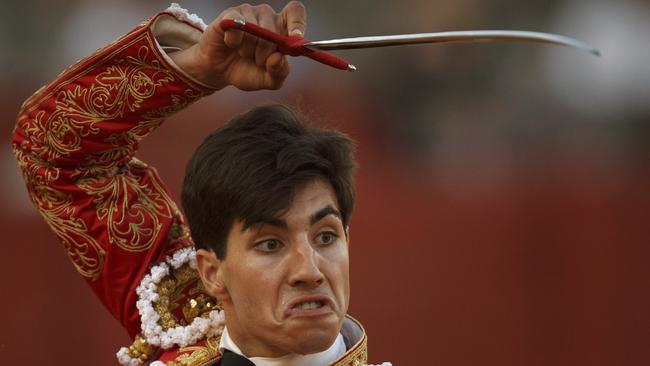
WARNING: GRAPHIC CONTENT
LOOKING more like an innocent schoolboy than the bullfighter he really is, 20-year-old Alvaro Lorenzo, is preparing himself for battle in the controversial blood sport that is bullfighting.
Despite being banned in a number of countries, and animal rights groups including PETA pushing for a worldwide ban, many bulls are killed each year.
Portugal’s Viana do Castelo region banned bullfighting back in 2009, with their mayor stating that “the defence of animal rights is not compatible with spectacles that torture and impose unjustifiable suffering.”
Audience numbers have been rapidly dwindling as public awareness about the harsh brutality of the sport has increased. The number of fights per year dropped from 3300 in 2008 to less than 500 in 2013, with numbers continuing to decrease.
But in Spain, the sport is still popular. Lorenzo is one of the country’s young bullfighters.
His young face and slight build are in contrast to the image he portrays during a fight.
To get ready for his combat in Aranjuez, near Madrid, he is being prepared with the help of assistants referred to as ‘best men’ or ‘mozo de espadas’ (translation: ‘sword handler’). The two men are also on hand during the match to supply the fighter with his tools as needed.
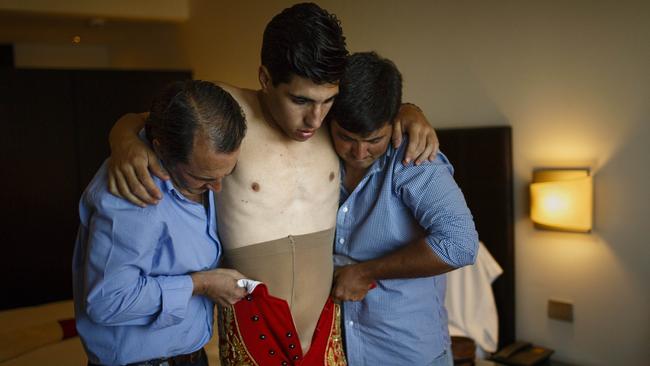
The ‘best men’ dress the bullfighter (or torero) in traditional Spanish costume. While it is extremely flamboyant — with bright red material and shiny gold detailing complete with a crisp white shirt and tie — the design of the outfit is built to provide ease of movement. The assistants button his shirt and fix his tie all while remaining completely silent.
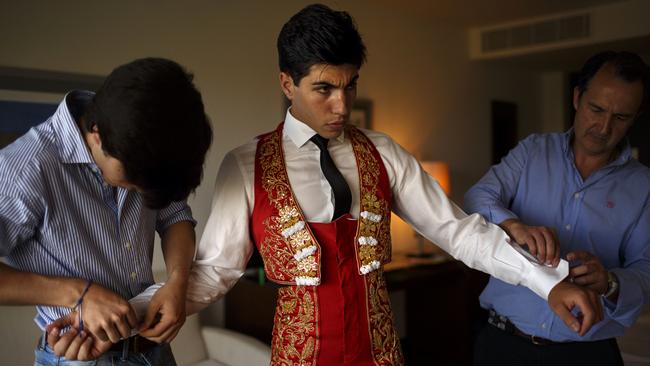
Prior to the fight, the tosero will visit the bullring’s chapel to pray, as tradition states they must do so before slaughtering a bull.
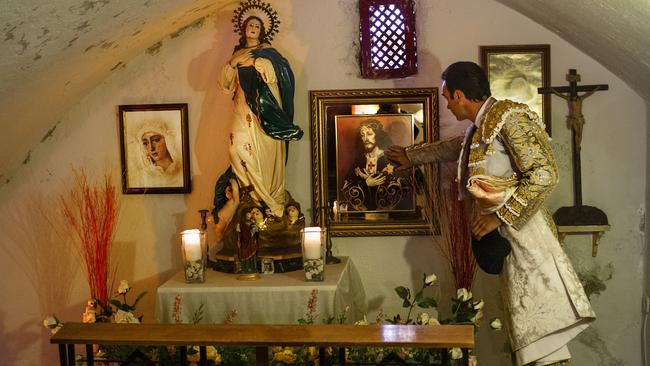
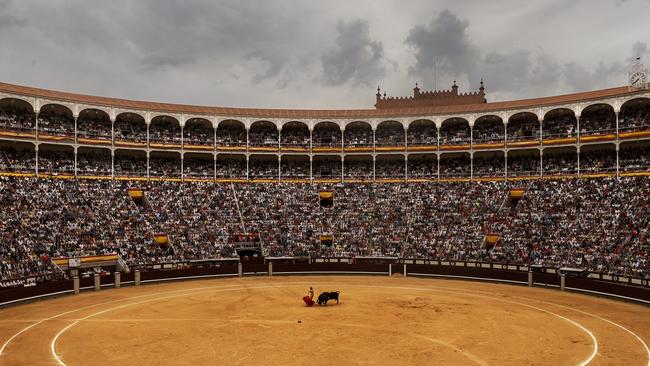
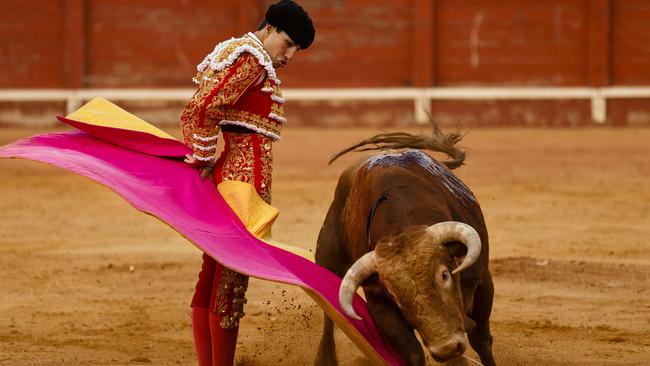
During the match the bulls are subjected to an initial stabbing via ‘picadors’ — who force numerous sharp lances into the bull’s muscles to impair their stability and weaken the animal. They will then be stabbed with ‘banderillas’ into their back, leading to vast amounts of blood loss. Next, the fighter will appear and entice the animal towards them, finally stabbing them to death. Ears are then cut off as a symbol of success and displayed for the cheering all the audience to see.
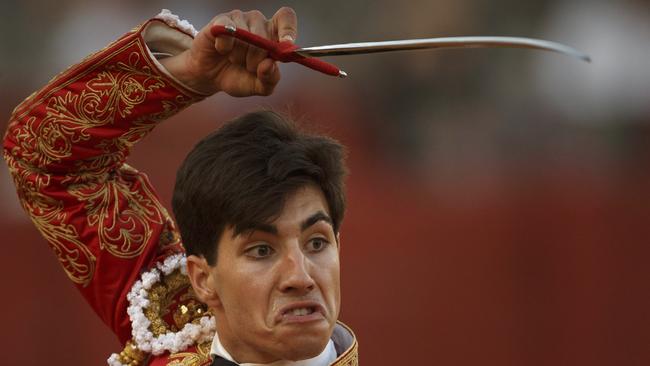
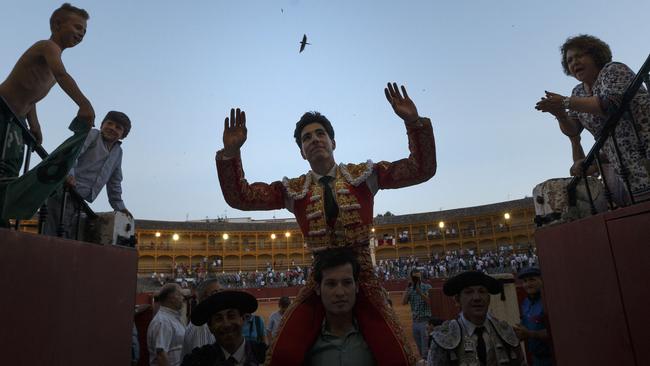
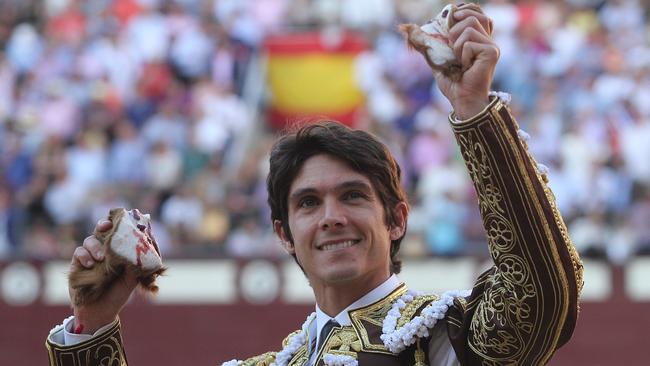
Due to it’s barbaric treatment of animals, there is increasing opposition to bullfighting in Spain, with over two thirds of the country against the tradition. It is also illegal in many countries.



